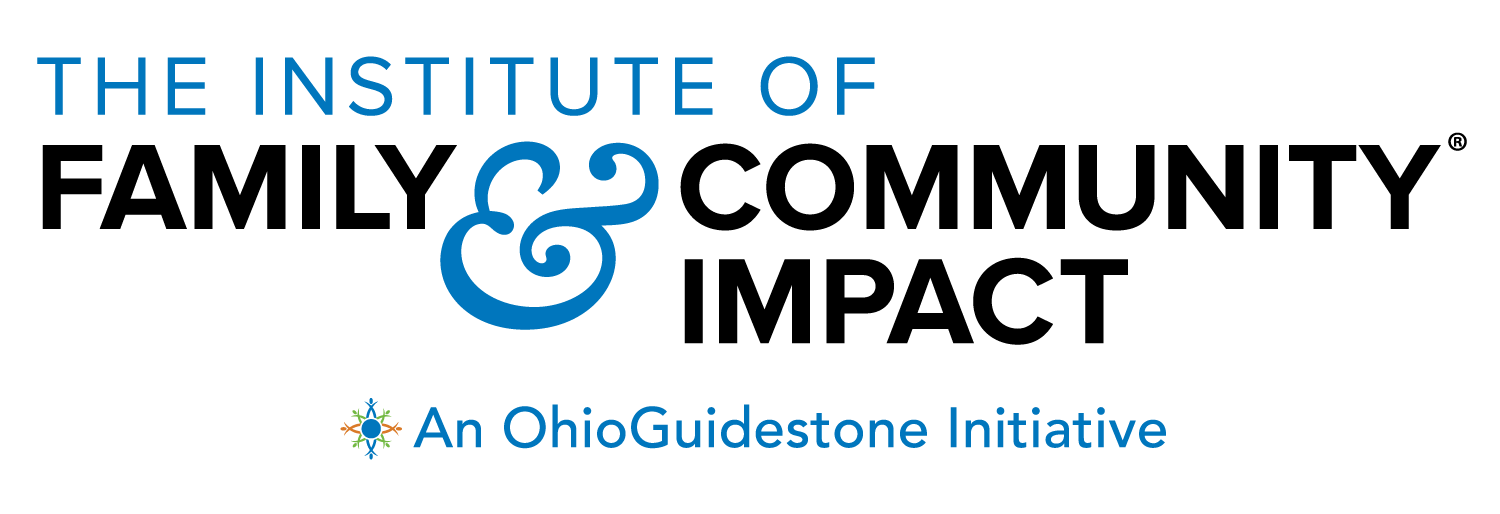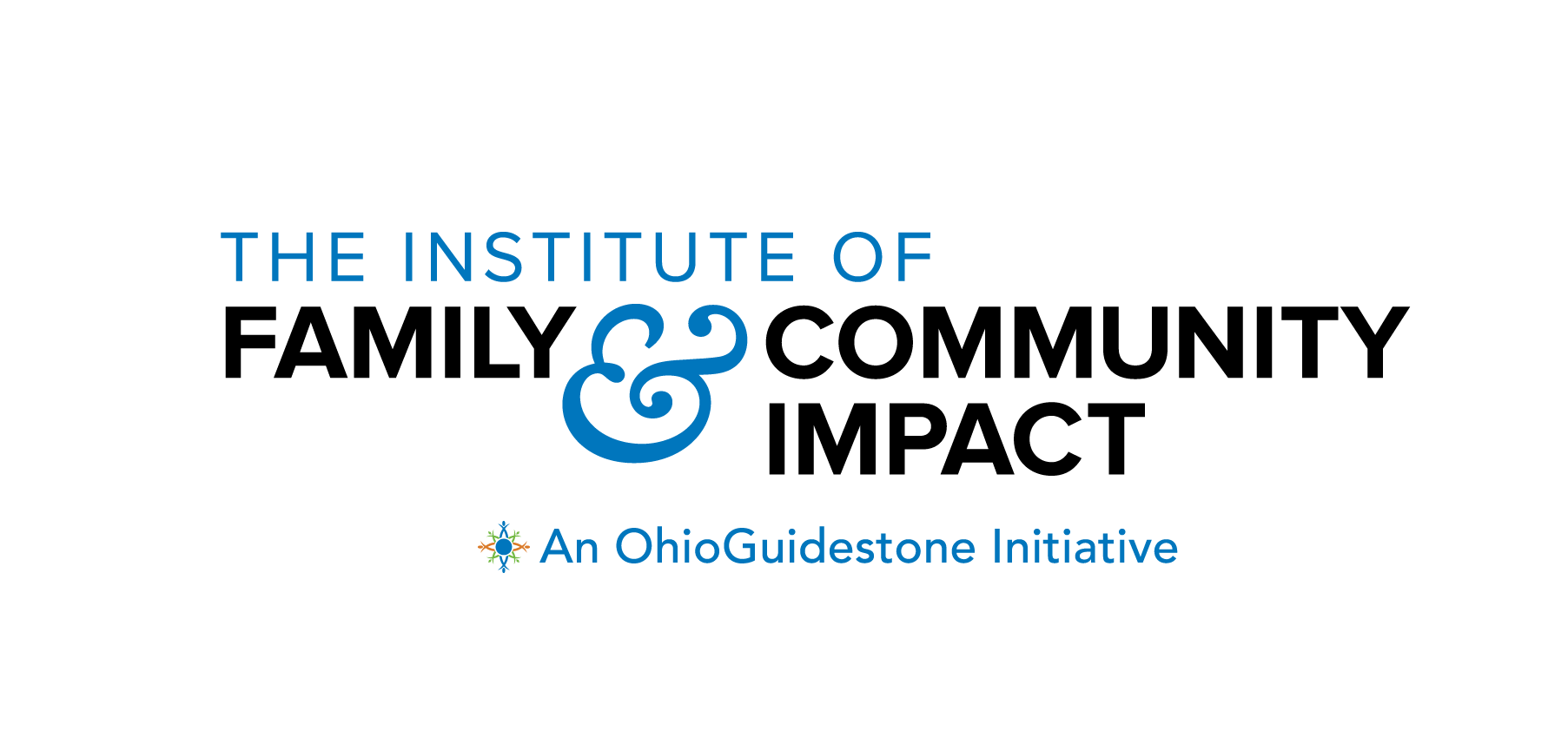
Federal Level Community Behavioral Health Needs & Strong Solutions- 01/2023 Position Paper
Table of Contents
About the Federal Level Community Behavioral Health Needs & Strong Solutions Position Paper:

Navigating through the aftermath of the COVID-19 pandemic calls for a nimble, creative and robust redesign of funding mechanisms and associated policies to invest in the United States’ behavioral healthcare system. This paper identifies significant and high-potential opportunities to expand quality integrated health care through community behavioral health organizations.
Five strategic areas briefly discussed as key opportunities and crucial areas needing a revision of funding mechanisms and policies are: school-based behavioral health services, integrated care behavioral and medical health care, federal funding restrictions and limitations, commercial insurance and parity, and social determinants of health.
By leveraging the impact and innovation of non-profit community-based mental health providers, like OhioGuidestone, federal funding can be used to create opportunities for communities and empower providers to serve their clients with high-level, integrated care. The COVID-19 pandemic has provided us an opportunity to scrutinize our current systems and rebuild them, first and foremost, to meet the needs of individuals, families, and whole communities.
Read below and visit our Position Papers page to explore the rest of our releases!
Who Should Read this Position Paper on Community Behavioral Health Needs?
- Local and state government officials
- Health officials and policymakers
- Managed Care Organizations
- Behavioral and Physical Healthcare providers
What’s Inside?
- Takeaways & Action Items.
- School-Based Services.
- The Three-Tier Public Health Approach- Public Health Approaches for Public Health Improvement.
- About Integrated Care & why it is important for community behavioral health care & physical health care to be integrated.
- Federal Funding: Restrictions, FMAP, and FQHCs.
- Commercial Insurance and Parity.
- Social Determinants of Health.
- Supporting Resources & References
Feedback & Questions:
The Institute of Family & Community Impact, an initiative of OhioGuidestone, understands all of our work is informed by the communities we serve. Have questions about who we are or what we do? Or have a suggestion for a future Position Paper topic? Visit our FAQ page or contact us today.

Payten Kleinhenz
Payten Kleinhenz B.S., CDCA is a Behavioral Health Specialist IV at OhioGuidestone. As a former Research Analyst at the Institute of Family and Community Impact, she helped lead applied clinical science & research communications. She authored department written content such as newsletters and reports, social media posts, and articles by prioritizing evidence-based, research-backed writing and reader accessibility. She also managed research data through data collection, entry and storage. Payten graduated with a B.S. in Sociology from Western Carolina University in May 2022. Her sociological background drives her passion for dismantling systemic and structural barriers. Payten’s primary research and professional areas of interests include substance use disorders, and family/social ties in the context of power relations and structures.


